First gens at the starting line
College students are streaming onto campuses throughout the United States to begin the academic year. And more and more of these matriculating students are the first in their families to study beyond high school. They are first generation students at the starting line, hoping to achieve the victory of a college diploma in a race that will last at least four years.
Knowledge Without Borders™ has focused on the importance of success in higher education for first generation students. But as the 2014 academic year begins, first generation students remain underrepresented at our colleges and universities and face particular challenges. First generation representation at elite colleges is particularly low.
The percentage of first generation students among students at Ivy League institutions in the class of 2018 hovers between 12 and 14 percent. This statistic is particularly noteworthy because the social connections students make at an elite institution are sometimes just as important as academic preparation. And the 12-14 percent figure does not represent the demographics of the United States, which is increasingly diverse both in terms of ethnicity and socioeconomic status. In fact, one in every three students matriculating to college or university is a first generation student.
Georgetown University in Washington, D.C. has the reputation as an elite school that counts presidents and princes among its graduates. But first generation students at Georgetown — 12 percent of its undergraduates — are still a fragile minority. Ten of the 12 high schools that send students to Georgetown are prep schools. And, the majority of Georgetown grads have no debt when they graduate.
Socioeconomic diversity is as powerful and legitimate form of diversity as any other. People seem to be ‘getting’ it now more than they did a few years ago. — Missy Foy, Georgetown University
Georgetown recognized the lack of socioeconomic diversity and started a program to offer social and financial support to first generation students. The program is nearly 10 years old and has helped to improve the percentage of first generation students on campus. Georgetown leaders recognize they still need to streamline the path to ensure equity in education. But the program has been successful in starting a conversation about socioeconomic diversity among its students.
First generation students themselves are increasingly part of that conversation. Their insights present a much more complex — and positive — view of what it is like to be a first generation student.
Sometimes, I meet people who are experts at calculus or chemistry, but don’t know how to do laundry, cook or even wash dishes. — Nu Xiong, first generation student at Harvard University
Nu Xiong, a first generation student at Harvard University takes “immense pride” in her identity as a first generation student. She lists several advantages that first generation students bring to a college experience including an ability to navigate between their home culture and the culture of an elite university and the capacity to live independently, taking care of themselves by doing more with less. These practical life skills give first generation students many potential advantages. A multifaceted understanding of the benefits first generation students add to an institution trumps the common perception of these students as struggling misfits who are academically deficient.
Patrick Harris, a freshman at Michigan State, talks about the pressures many first generation students feel in a new, sometimes alien, environment.
The biggest obstacle I had to overcome was the pressure to be PERFECT. I have four younger siblings at home and I wanted to lay down the most positive, impactful and perfect foundation for them. I HAD to do well in my academics, be involved in extra-circulars and complete numerous hours of community service PERFECTLY. Releasing the pressure to be perfect for my siblings and myself, I found it just fine to make mistakes. When I gave myself permission to be who I was wholeheartedly, I found that being a first-generation college student isn’t so bad after all; it’s a blessing. I’ve been put in a unique situation to lay the first footsteps for my lineage. While the pressure to be the best may be stressful it helps me strive to be the best I can be and I wouldn’t have it any other way.
Research underlines the importance of talking about social differences and celebrating the complex set of knowledge and skills first generation students bring to the elite university experience. MarYam Hamedani, a researcher at Stanford University, concludes “…when first generation students saw and heard stories from junior and senior students with different social class background tell their stories about their struggles and successes, they gain a framework to understand how their backgrounds shaped their own experiences and how to see this as an asset.”
Being able to talk about their own experiences with pride not only enrich the experience of first generation students at elite institutions, but also enrich the experience of all students of the Class of 2018 who are at the starting line of the next chapter of their lives.

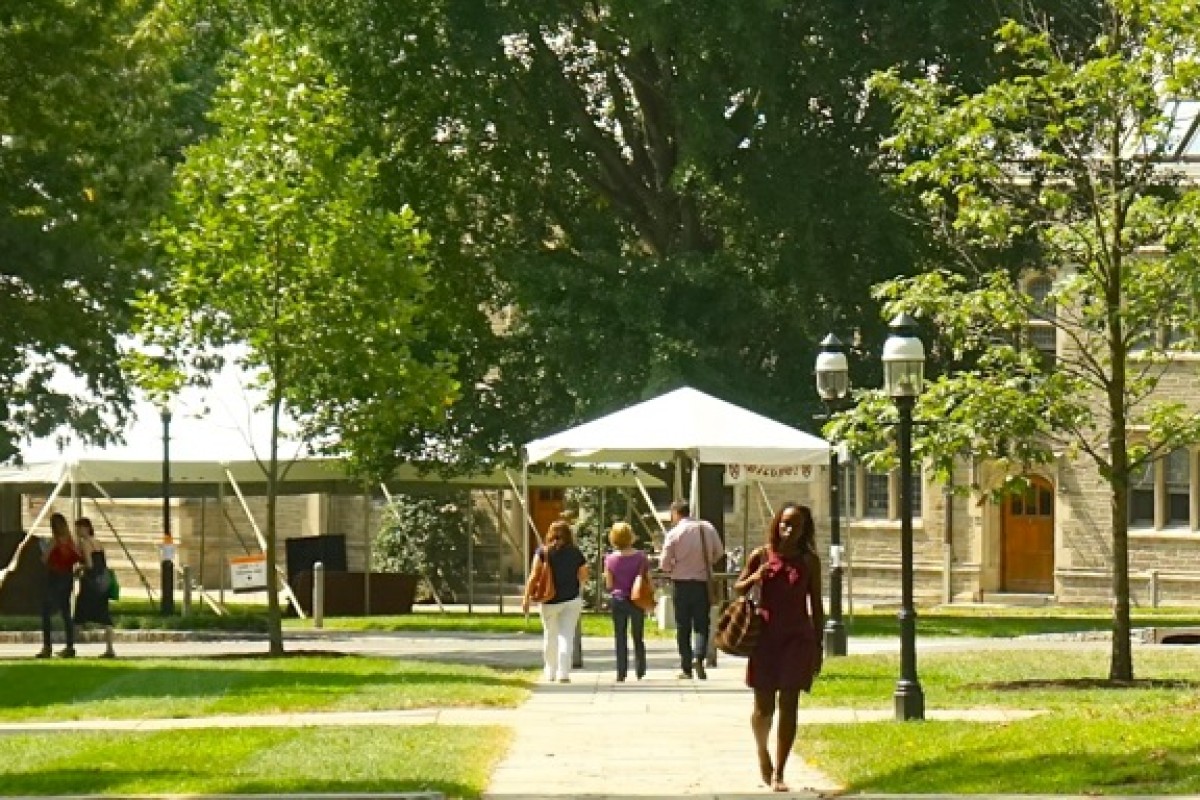



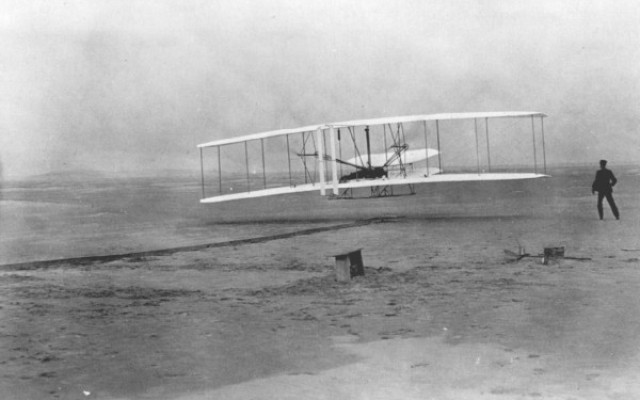
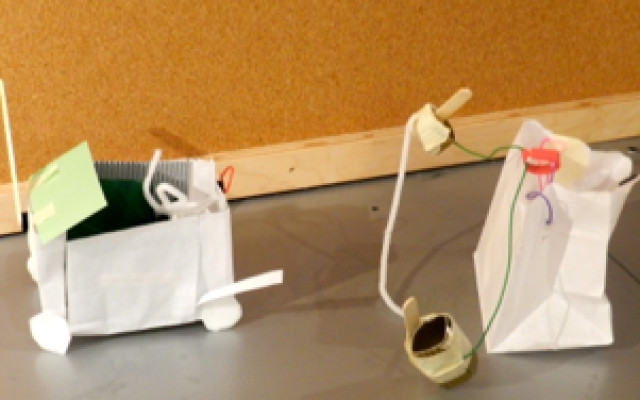
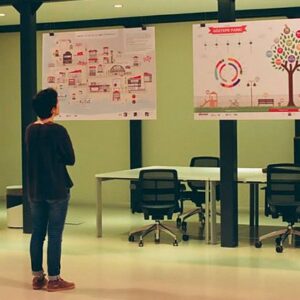



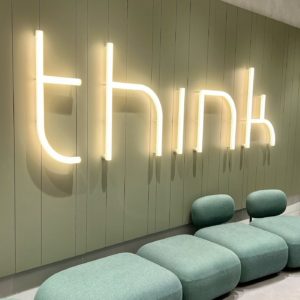

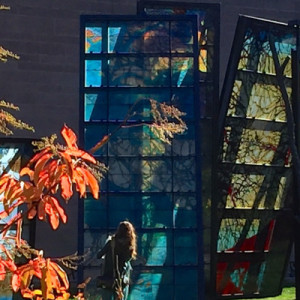
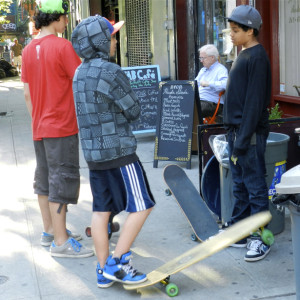
Great piece on capturing both the data and individual stories on the first generation college experience, thank you!